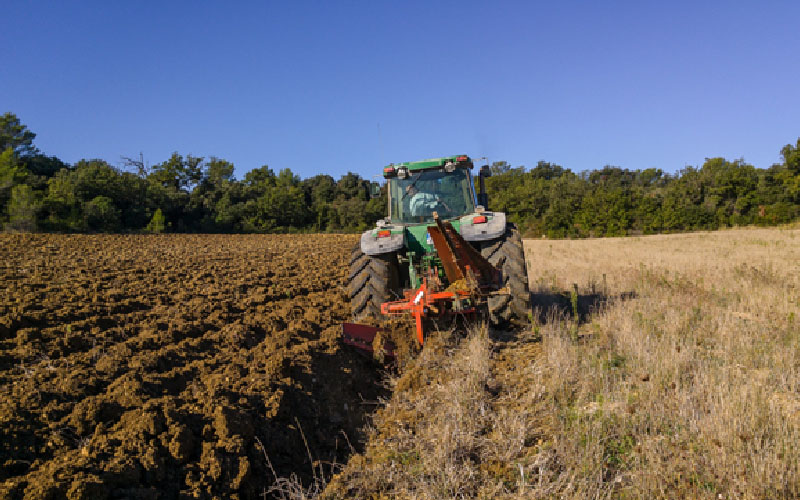About

A Freshwater Farm Plan is a tool introduced by Government as part of the Essential Freshwater package. A Freshwater Farm Plan will identify risks to freshwater from activities carried out on farms and identify practical on-farm actions for managing and mitigating those risks to improve water quality in local waterways. Actions will be tailored to a particular farm’s physical environment, farming activities and the catchment the farm is located in.
Marlborough farmers are already making good progress in improving freshwater quality. Many belong to catchment groups, have farm plans and are implementing environmental mitigations. Freshwater Farm Plans will build on the work that many land operators are already doing to identify and manage risks of farming activities to freshwater.
Who will need a Freshwater Farm Plan?
Any farmer or grower with:
- 20 hectares or more in arable or pastoral use
- 5 hectares or more in horticultural (including viticulture) use
- 20 hectares or more of combined use
What do I need to include in a Freshwater Farm Plan?
This list is indicative, for full details on what is required, please refer to the guiding documents from the Ministry for the Environment (MfE).
Freshwater Farm Plans will need to include information on:
- The catchment context – including challenges, values, ecosystem, and community outcomes
Go to the Catchment Context, Challenges and Values page - Risk identification and impact assessment – including the identification of critical source areas and plans for the management of fodder crops and wetlands.
- Actions to mitigate risks – including plans to strategically fence waterways, restore wetlands, and intensive winter grazing plans.
- How the Freshwater Farm Plan will meet the National Environment Standards for Freshwater – including meeting the synthetic nitrogen cap, intensive winter grazing, stock holding, and wetland rules, where applicable.
Go to the National Environmental Standards for Freshwater (NES-F) page
Go to the Freshwater Regulations section with these factsheets - How the Freshwater Farm Plan will meet the relevant rules contained within the proposed Marlborough Environment Plan.
Go to the proposed Marlborough Environment Plan - How stock will be excluded from waterways and meet the new stock exclusion regulations.
- To meet the Freshwater Farm Plan certification requirements, a Freshwater Farm Plan will need maps providing key information of the risk identification and action selection process. For more information go to the maps section of MfE’s Developing a Freshwater Farm Plan page 9 -10, 30-31 and appendix 6.
- Council will be adding information to this page that will enable landowners and operators to source maps for their Freshwater Farm Plans.
Go to the Catchment Context, Challenges and Values to find out more - As part of Freshwater Farm Plan submissions, Council will be requesting geospatial files.
Please note that Council’s Catchment Care programme can provide some landowners with support for mapping their waterways through the Catchment Condition Survey.

When are Freshwater Farm Plans being rolled out in Marlborough?
Currently the roll out of Freshwater Farm Plans is on hold under the direction of Central Government. Whilst it has been indicated that Freshwater Farm Plans will remain, the timing of implementation will be paused until there is more clarity. We will communicate any changes once they are known.
The roll out of Freshwater Farm Plans in Marlborough is on hold, but all catchments are still regulated to be ‘on’ by the end of 2025.
Plans will need to be submitted for certification within 18 months of the activation date.
Freshwater Farm Plan process
Council is currently working behind the scenes to ensure a smooth rollout for Marlborough farmers. This includes collating catchment information for the CCCV and providing access to the maps and data that might be needed to complete a Freshwater Farm Plan.


